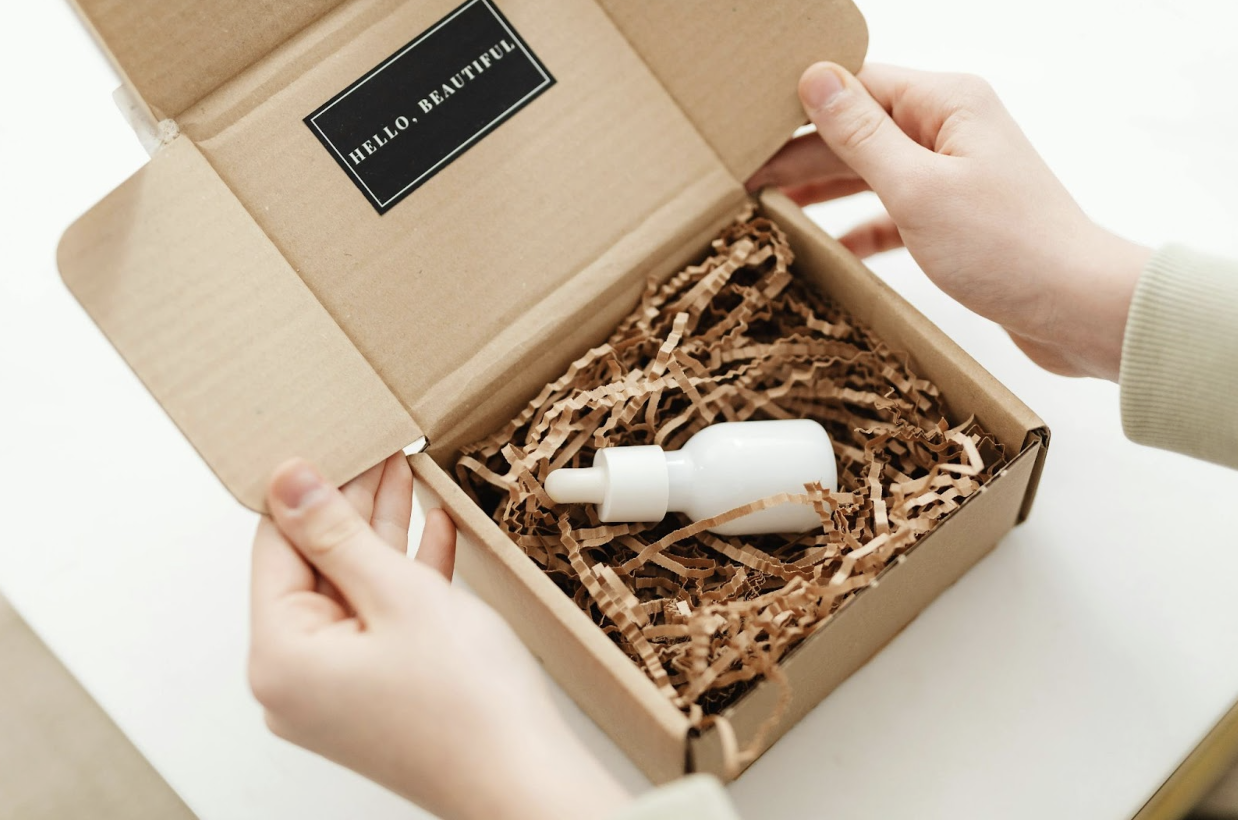
Have you been wracking your brain for the perfect present for someone in your life? Skincare might not be the first option to come to mind, but really, it’s kind of the perfect present. Think about it, those who love it and use it will absolutely appreciate adding to their collection, and those who don’t, well, probably should—so why not help them get started?
The main concern when it comes to gifting skincare products is that skincare as a whole is quite personal; everybody has different needs, skin types, preferences, etcetera. This doesn’t mean you can’t buy products for the people in your life, it just means you’ve got to do a little snooping before making your purchases, finding out some key info on your recipient.
What is their skin type?
Skin type is arguably the biggest point of consideration when buying skincare, whether it be for yourself or someone else. Skin type determines which products are suitable for you, and getting it right ensures you don’t end up doing more harm than good.
Dry skin
Someone with dry skin needs to focus on hydrating and moisturising, and avoid products that strip oils from the skin or that can be irritating, such as fragrances and alcohol.
When shopping for someone with dry skin, consider nourishing moisturisers and oils, heavier night creams, a good lip balm, or a luxe hand or body cream (often it’s not just their face that’s dry!).
Oily skin
Oily skin is typically more compatible with lighter products that focus on balancing the skin. If you’re shopping for someone with oily skin, steer clear of comedogenic (pore-clogging) ingredients like cocoa butter and lanolin.
When shopping for oily skin skincare, look out for ingredients such as retinol, salicylic acid, and niacinamide that can help regulate sebum production. Contrary to popular belief, those with oily skin don’t have to avoid oil completely in their products, but they should prioritise products that help balance the skin. Consider lighter moisturisers, creams, and serums, and look into balancing products like chemical exfoliants.
Sensitive skin
Sensitive skin is tricky; it can react to products and ingredients in unpleasant and uncomfortable ways and it can be unpredictable, particularly when it’s introduced to something new.
Playing it safe is often the best way to handle sensitive skin. Stick to very gentle, uncomplicated products, and ingredients that focus on soothing and calming. Niacinamide is a great skincare all-rounder, and is generally safe for sensitive skin, but in addition to this, look out for ceramides for skin protection, and hyaluronic acid for hydration. If you do know that your gift recipient has sensitive skin, it’s probably best to chat to them about products they know do and don’t work for them.
Do they already have a trusted routine?
People who are dedicated to their skincare routines are often very dedicated to their skincare routines. If this is the case for the person you’re buying for, you’re better off finding out exactly what they like, rather than buying something they don’t and won’t use—sorry, it’s true.
If they are super strict with their routine, find out exactly what products they use and if they’re running low on any. Devoted skincare users will appreciate a top up of their faves, and getting them something they love will also show them that you take note of, and care about, the things they like.
If you’re shopping for a complete skincare newbie, start with one of the basic essentials, like a good everyday sunscreen.
What is their ongoing budget?
Now, wouldn’t you hate it if someone bought you something new to try, and you fell in love with it, used the whole product, went to replace it, and found out it was way out of your budget. Sure, you’d be grateful for the generous gift, but you’d probably also be pretty disappointed that you couldn’t continue to use it.
If you are purchasing something new for someone, try to make it something that they can repurchase (if they want to). Not everyone can, or wants to, spend hundreds on their daily routine, so it’s best to be across your recipients preferences. Accessibility applies to other considerations too, for example, can they get the product locally where they live? If they have to order it online, is shipping affordable? Consider that your recipient might fall in love with their new product, and want to buy it again and again.
When buying skincare for someone else, the most important thing you can do is think about their personal preferences and needs—consider skin type, current routine, budget, and anything else that might apply to them. This way, you can ensure you get them something they’ll appreciate and actually use. After all, nobody wants to spend money on something that’s going to end up in the bottom of a bathroom drawer, only to be remembered years from now when it’s expired, and probably quite dusty.







